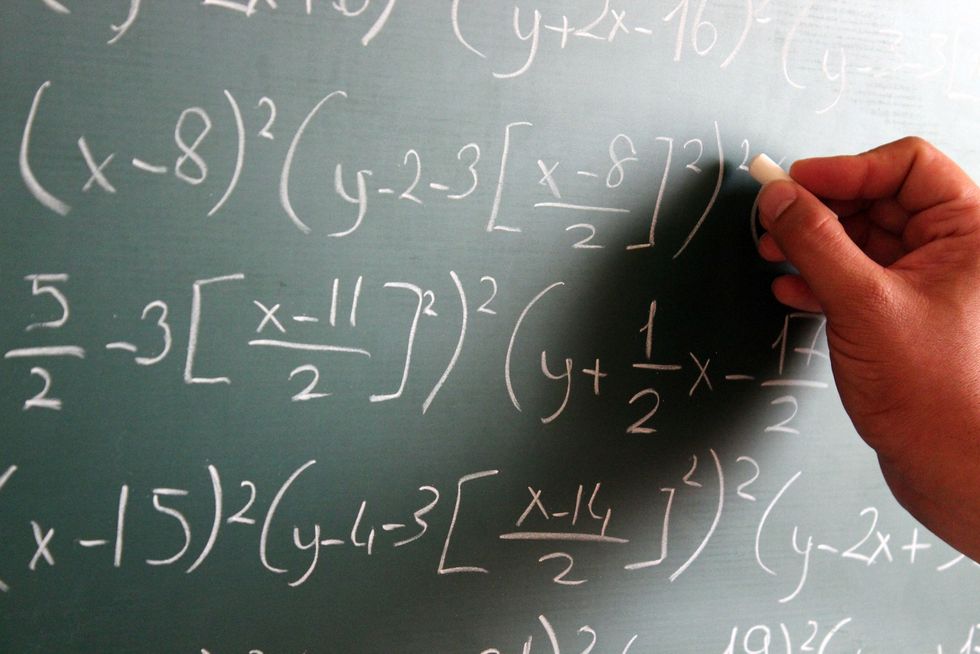
A Brooklyn college professor recently argued in an academic paper that merit-based classrooms are a "tool of whiteness" that oppresses minority students. (Image source: Getty Creative)

A professor at Brooklyn College recently wrote an academic paper arguing that rewards based on hard work are a “tool of whiteness” that oppresses minorities.
Math professor Laurie Rubel wrote in the Journal of Urban Mathematics Education that “meritocracy” — or systems of merit that reward hard work — in math classes is a “tool of whiteness” that oppresses minority and disadvantaged students.
She wrote:
More generally, whiteness tacitly positions White people, their experiences, and their behaviors as superior, and it is supported by a set of corollary principles that function as “tools of whiteness." For instance, the ideological principle of the United States as meritocracy is understood by many to be a central feature of American society, dictating that a combination of hard work and talent ... yields success.Equivalently, the principle of meritocracy also dictates that lack of success is a result of a lack of effort or ability. This principle functions as a tool of whiteness in how it ignores “systemic barriers and institutional structures that prevent opportunity and success” as well as institutional structures that facilitate opportunities and the distribution of rewards not according to merit but instead according to race and social background.
Rubel, who spent years teaching high school math, further argued that teachers who claim to not see color are disadvantaging their students.
"Teachers who claim color-blindness — that is, they claim to not notice the race of their students — are, in effect, refusing to acknowledge the impact of enduring racial stratification on students and their families,” she wrote. "By claiming not to notice, the teacher is saying that ... she does not account for it in her curricular planning and instruction."
Rubel also slammed the “I can’t relate” teachers, who acknowledge they can’t relate to the situations of disadvantaged students.
"All of these ideological principles ... function as tools of whiteness by absolving teachers from adopting new instructional practices that are proposed to further equity, engaging in processes of reflection about equity, and confronting fears of people of color to learn about students and their communities,” she wrote.
According to Rubel, to fix the problem, teachers need to incorporate social justice ideas into their lesson plans, a process she called "teaching for" social justice to lift up disadvantaged students.
The process "is providing students from underserved, marginalized groups access to challenging mathematics ... with the critical equity-directed practices, or teaching about social justice. In other words, dominant equity-directed practices do not challenge the status quo," she said.
(H/T: Fox News)